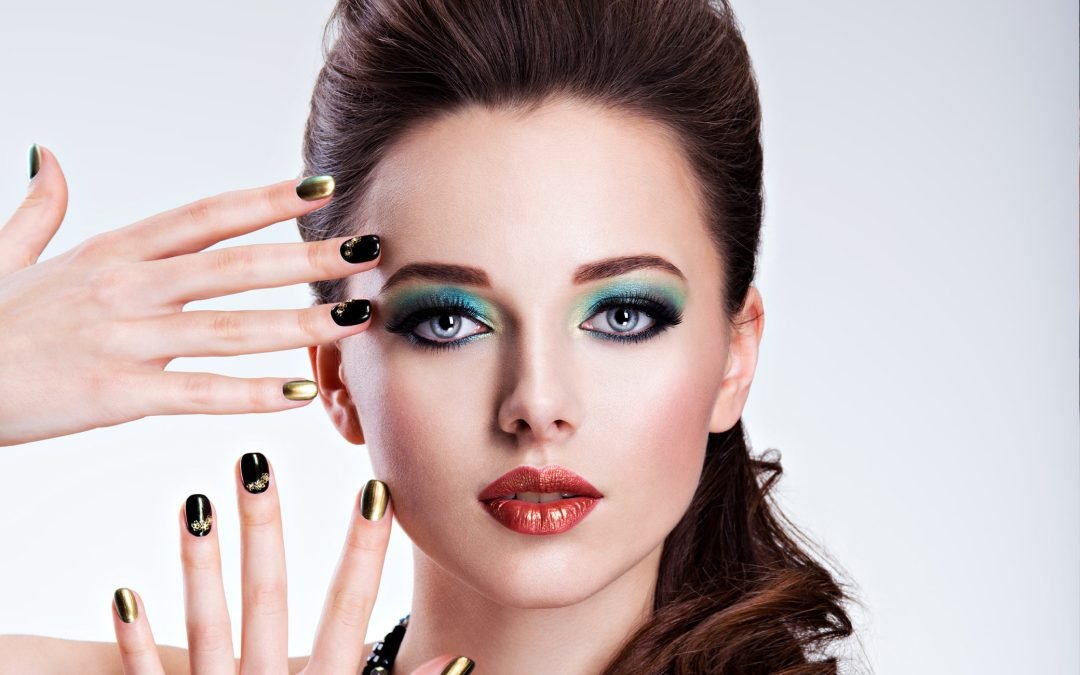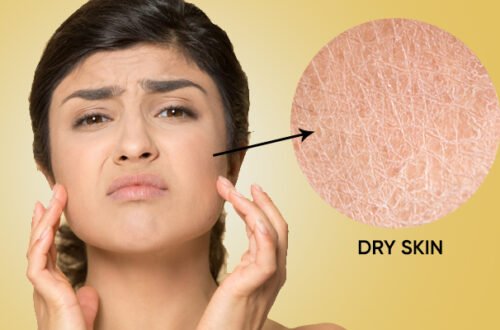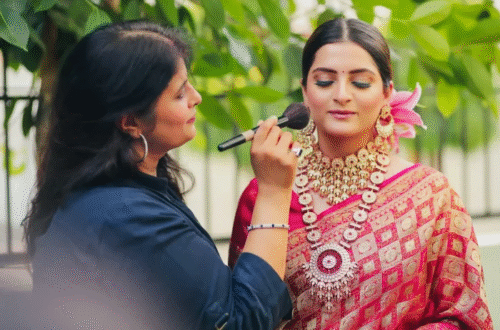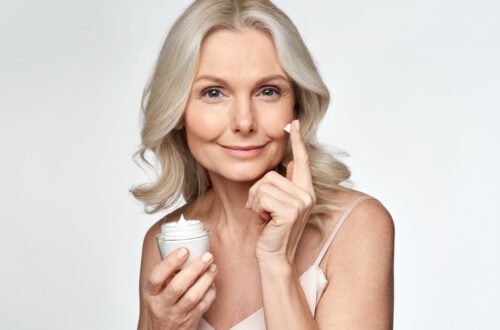Winter may bring cozy sweaters and warm drinks, but it also introduces one of the most common enemies of healthy skin—dry indoor air. The cold season often comes with a drop in humidity levels, especially when indoor heating is involved. While you may have your skincare routine sorted, overlooking how your environment impacts your skin could sabotage your efforts. One major environmental factor is the absence of a humidifier in your bedroom. As experts at a trusted Bridal Makeover Studio in Udaipur will affirm, maintaining balanced skin hydration overnight is crucial for long-term skin health and appearance.
The Overnight Impact of Dry Air on Skin
At night, your skin enters a regenerative mode. This is when the body repairs daily damage and replenishes moisture reserves. But without adequate humidity, the skin begins to lose its water content through a process called transepidermal water loss (TEWL). When you sleep in dry air, this process is intensified, leading to symptoms like:
- Tightness and flakiness
- Cracked lips and irritated eye areas
- Increased sensitivity and redness
- A dull and tired complexion upon waking
These symptoms are more pronounced in individuals with pre-existing skin concerns like eczema, psoriasis, or rosacea. Even healthy skin can become imbalanced over time due to persistent exposure to dry indoor air.
Why Your Night Cream Isn’t Enough
Many people assume that slathering on a thick moisturizer at night is sufficient protection. Unfortunately, this is only part of the solution. Moisturizers work by creating a barrier to retain existing moisture, not by generating humidity. Without moisture in the air, even the most expensive creams struggle to deliver results.
Using a humidifier while you sleep complements your skincare products by maintaining a microclimate that helps lock in hydration. As an experienced Udaipur Makeup Artist will tell you, hydrated skin is not only healthier but also provides a flawless base for makeup application.
Skin Dehydration vs. Dryness: Know the Difference
It’s crucial to distinguish between dehydrated skin and dry skin. Dry skin is a skin type lacking in oil (sebum), while dehydrated skin is a skin condition lacking water. Even oily skin can be dehydrated, especially during winter. Sleeping without a humidifier contributes to skin dehydration, which can present as:
- Increased oil production to compensate
- Patchy or uneven skin texture
- Exaggerated fine lines
- Dullness despite regular exfoliation
If you wake up to skin that feels tight but appears shiny, you’re likely experiencing dehydration—something that a humidifier can significantly help improve over time.
Long-Term Effects of Poor Winter Skin Habits
Continuous skin dehydration can lead to a weakened skin barrier. The skin barrier protects against environmental toxins, pollution, and allergens. When compromised, it becomes more vulnerable to irritation and infection. Over time, this can accelerate the signs of aging, including:
- Premature wrinkles and fine lines
- Persistent redness or inflammation
- Uneven skin tone and texture
Additionally, wearing makeup on dehydrated skin can cause it to crack or look cakey. This becomes particularly problematic for events or special occasions, making professional skin prep essential. For those seeking a tailored approach, consulting a specialist offering skin care service in Udaipur can help identify the right treatments and preventive measures suited to your skin type and lifestyle.
Practical Tips to Protect Your Skin While You Sleep
If you’ve been sleeping without a humidifier, now is the time to make a change. Here are a few ways to support your skin during the winter:
- Invest in a bedroom humidifier: Choose one with adjustable settings and monitor your room’s humidity levels (ideal is 40–60%).
- Use an occlusive moisturizer: Seal in hydration using a barrier cream or sleeping mask to support skin recovery overnight.
- Hydrate before bed: Drink water throughout the evening and avoid caffeine close to bedtime.
- Choose the right fabric: Cotton or silk pillowcases are gentler on dehydrated skin compared to synthetic materials.
- Avoid hot showers before sleep: Excessive heat strips away natural oils; opt for lukewarm water followed by immediate moisturization.
Professional Help for Winter Skin Struggles
While humidifiers make a significant difference, chronic skin issues may require professional treatment. For individuals preparing for a big event, like a wedding, it’s essential to go beyond home remedies. A professional studio with comprehensive bridal packages can assess skin condition, recommend pre-bridal facials, and provide treatments that restore skin vitality in a controlled, expert-led environment.
Professionals also understand how seasonal changes impact makeup performance. Brides often experience flaking or patchiness during colder months—issues that stem more from dehydrated skin than poor product choice. Consulting with experienced skin and makeup artists can ensure you not only look but also feel radiant on your big day.
Final Thoughts: Don’t Let Winter Rob Your Skin of Its Glow
Skipping the humidifier during winter might seem trivial, but its long-term impact on your skin health is significant. Supporting your nighttime skin repair process with the right environment can make the difference between waking up with glowing, supple skin or dealing with dullness and discomfort. By integrating expert-backed practices and investing in quality care, you’re not just pampering your skin—you’re protecting its future.





